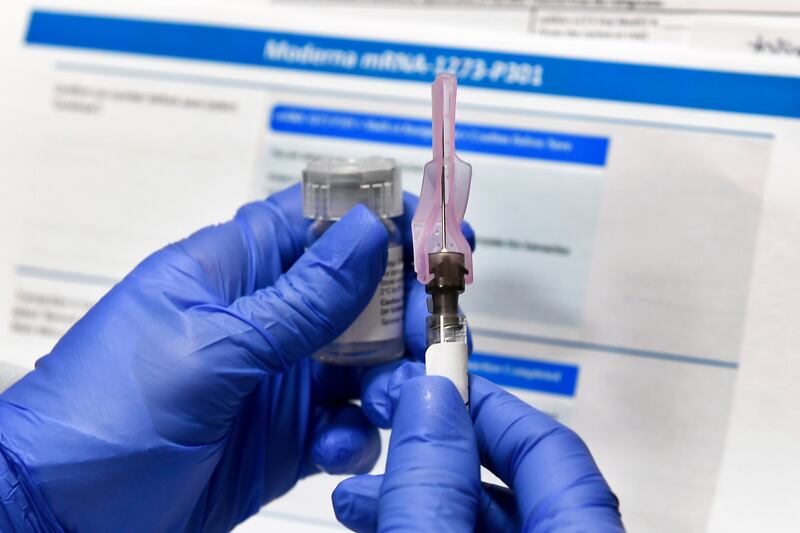If the Food and Drug Administration approved a vaccine for general use against COVID-19, only 52% of Utahns say they would take it, according to the latest poll commissioned by the Deseret News and the Hinckley Institute of Politics.
This is troubling, considering a much higher percentage of the population would need shots in order to achieve herd immunity and stem the rapid spread of the virus. Much higher compliance also would ensure the economy could resume at full strength, including unrestricted gatherings at sporting events and concerts, in-person school classes and air travel.
Without that, the trouble of the last six month likely would continue much longer.
We understand some of the hesitation. The federal government has put development of a vaccine on a fast track. People naturally worry the result will be a product that has not undergone the scientific rigor necessary to ensure efficacy and safety.
AstraZeneca recently paused trials of its proposed vaccine after “a suspected serious adverse reaction in a participant in the United Kingdom.”
Meanwhile, less credible sources have infected social media with unsubstantiated claims about vaccines in general and doubts about the motives of companies trying to produce them.
Americans should take a deep breath. Trust the public institutions and the professionals who vet medications for general use. They, and the companies working on vaccines, put their reputations on the line and have every motivation to do things right.
If anything, the AstraZeneca case ought to renew faith in the process. Companies putting profits above all else surely wouldn’t let one adverse reaction end their efforts.
If, in the end, the FDA grants approval for a vaccine, that ought to give the public confidence. Reputation is the ultimate driver of profits in a free market.
The Deseret News/Hinckley poll uncovered a strong undercurrent of caution among Utahns, with 23% saying they were unsure whether they would take the vaccine. Persuading them will take complete transparency and information about what the vaccine would and wouldn’t do.
A recent NPR report quoted medical professionals speculating whether a vaccine would be any more than 50% effective against COVID-19, then arguing that this still could be acceptable. Those who take the shot and still get sick likely would see a less severe case of the virus than those who didn’t take it, similar to the annual flu shot.
Even at 50% effectiveness, the vaccine still would need widespread application to be effective. Michael Ison, an infectious disease physician at Northwestern University Feinberg School of Medicine, told NPR that about 60% to 70% of the population would need some kind of protection — either through surviving a bout with the virus or receiving a shot — in order to obtain herd immunity.
Assuming 20% of the population would have contracted the virus on their own and survived, another 40% would need immunity through a vaccine. Using simple math, that would mean vaccinating 80% of the people with a vaccine that is 50% effective.
Of course, questions linger as to how long immunity would last, either from a shot or from acquiring the virus. Booster shots may be needed at regular intervals.
Those are questions for a later time. For now, people need to trust the experts enough to submit to a shot, once it has been independently reviewed in a transparent process and approved by the FDA.

